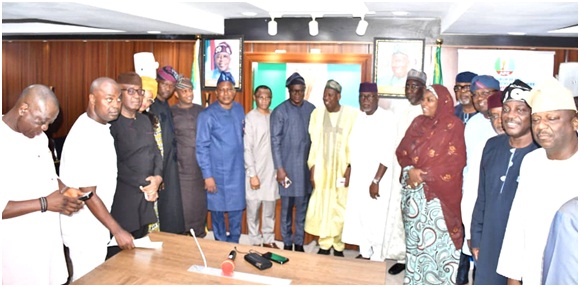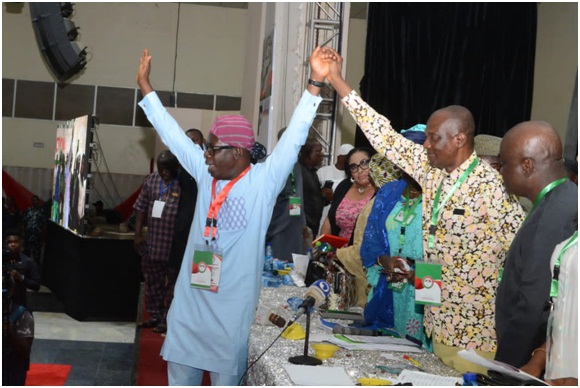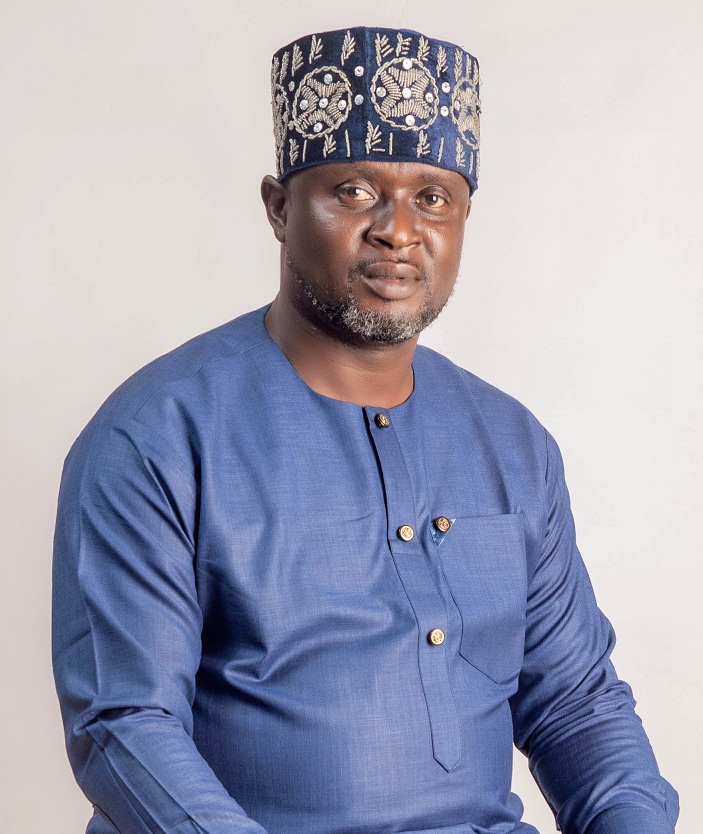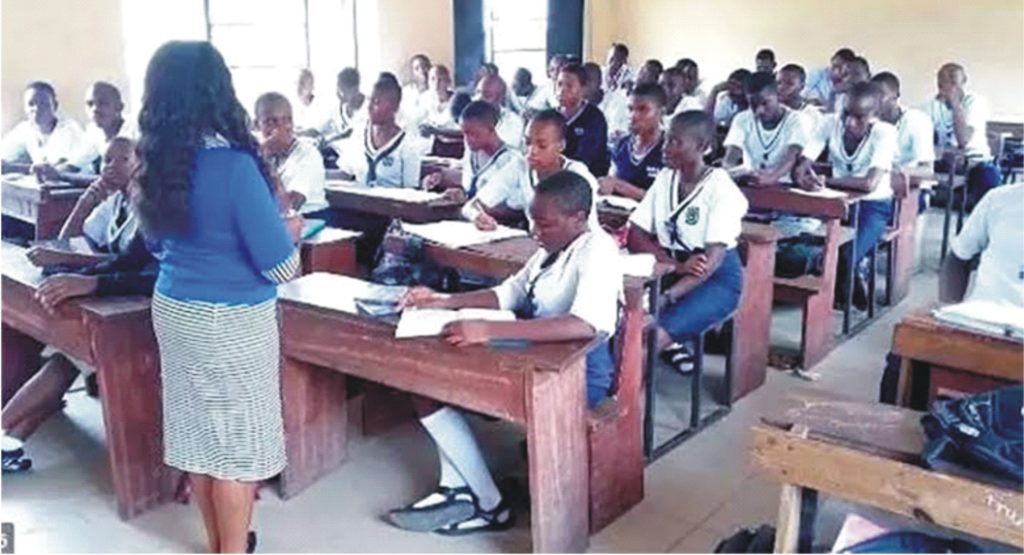Nigeria, Obi Cubana and “One hundred years of solitude”
By Busuyi Mekusi
|
Human beings embark on time reckoning and calendaring as part of the overall intent to benchmark existence. The foregoing is achieved with the accentuation of critical junctures in one’s evolutionary journey, ranging from birthday and the attendant ceremonies to death as well as funeral rites; from appointments into offices to periods in office, etc. No doubt, the transitional stages between birth and death are indicative of the raison d’être for the propositional meaninglessness of the Absurdist movement. Days and years in office are marked with fanfare today in Nigeria as if such a compartmentalisation of time and space is in any way connected to the efficient occupation of such offices. The celebration of 100 days in office would have ordinarily reinforced the centenary celebration of Nigeria in 2014, assuming the birth of the nation-state was achieved in the amalgamation of the northern and southern protectorates in 1914. Celebrations are part of the wastes in humanity!
The expenses incurred during the commissioning of a project are almost the same, if not more than sometimes, with the cost of the project. Monetised project commissioning is a warped idea of conceptual developmental model that must die a natural death. Why must a nation take delight in celebrating failures! The Centenary City in Abuja was conceived and executed as a profiteering agenda of a few politicians who greedily grabbed spaces and resources deployed for the programme, with the original intention made a shadow of itself. This exploitative tendency is similarly responsible for the business and economic profitability of Aso Ebí, which is now used by people celebrating one thing or another to milk unsuspecting or willing participants of scarce resources. Prices of such clothing materials are dangerously inflated, with cut-throat price tags. The usual alibi for such exploitations is the need to give people gifts, courtesy of the event. Both Nigeria leaders and followers are caught in the notorious habit of reckless eating. Burial ceremonies among the Christian south in 21st century Nigeria are more of a show business and artistic cum ritual performances.
Obi Cubana has been in the news for the reason of the outlandish burial of his mother in Oba, Anambra State, where money and gift ‘rains’ would readily enlist the event in the Guinness Book. While some have queried the source of the wealth of Cubana and his ‘boys’, and the manner of abuse of the naira, explanations have been made to disabuse people’s mind but popularise the associative and cooperative entrepreneurial attributes of most people from Igbo extraction. Cubana’s burial of his mother was an up-scaled pattern of southern Nigeria burial expeditions and expenditures.
This mode of burial coalesces mourning into the ‘feasting on the dead’, as the latter is so because what was spent at death on the dead would be bigger than what was cumulatively expended to keep the dead alive ab initio. Burial ceremonies have been reduced to status-making/marking and merchandise, and the foot-money tournament Cubana staged at the hitherto rustic Oba has reconfigured people’s psyche, mostly youths, who now believe that hurrying and perversion win the race, as against the platitude that “slow and steady win the race”. Beyond the claim of money-rituals, south eastern Nigeria, specifically Anambra State, have a unique class of success-showing. So many Nigerian billionaires are of no-known addresses.
The Colombian writer, Gabriel García Márquez’s One Hundred Years of Solitude is as good as a manuscript for Nigeria. Using Buendías and human nature as its launching pad, the text dwells on conceptual themes of time, fate, humour and magic. Reminiscent of the Nigerian experience, the Nigeria spatio-temporal order is apparently bedeviled, with the past burdening the present and future, in rigid but rigorous connectivity. The fate of the country that offers abundant human and natural resources as well as qualitative individualised citizens but bad collective leadership and followership remains a huge contradiction, as the nation continues to grope into a hazy future. Márquez non-numbering of the chapters of the text simulates a single unbroken entity, just like the geographical expression called Nigeria, which, even though fractured along ethnic and political divides, is riddled in the aphorism of ‘one nation’. The zigzag pattern of the narrative technique in the text, that uses flashbacks and leaps towards the future (incessant shifts in time), typifies the wobbling and inconsistent developmental efforts Nigeria has made in the six decades of political independence.
Márquez’s One Hundred Years of Solitude similarly touches on human isolation, with the Buendías configured in the text as a group of solitary individuals that live together as strangers in the same house. Apart from the literary work functioning as a textual personification of the predicament of the human race, it solidly brings to the fore the internal contradictions that have made co-existence in the Nigeria-State hellish. While the PMB-led government has consistently reminded Nigerians of its duty to preserve the unity of Nigeria and Nigerians, available realities pointedly reinforce the decision of some that are calling for the dissolution of the country. With two of the arrow heads of the Biafra and Yoruba nation agitations, Kanu and Igboho, in the kitty of the Federal Government of Nigeria, only time would tell if the smouldering flames would go away, with the alleged negatively skewed details still part and parcel of citizenship engagements. Amidst the calls for disintegration, some others are fixated on the grabbing of power as the centre, even as the roads to securing the 2023 presidential ticket are laden with banana peels.
Furthermore, illustrative of the experiences of Nigeria and Nigerians, Márquez’s text depicts limited nature of individual’s control of own destiny, as impunity, infidelity in business and marital dealings, corruptive aspirations, and sundry negative attitudes now define people, notwithstanding their religious inclinations. This is more so as human personalities get shaped, largely by heredity and environment, leading to archetypal pattern and influence. Other correlating indices the masterpiece shares with Nigeria are lost dreams, frustrated enterprises, characters synonymous with suffering, varieties of humour, political satire of superfluity of technology, fantasy and magical realism, as well as death and shattered emotions. No doubt, literary texts thrive in timelessness.
Bandits have graduated to big-time terrorists, with the shooting down of an Alpha Jet, with Zamfara/Kaduna forests as the capital of evil in the country. The divine and dexterous escape of Flt. Lieutenant Abayomi Dairo from the ravenous blood-thirsty bandits saved us from another imputation of ethnic cleansing in an already volatile environment. It is not only that views are now jaundiced, but apparent selective clamp down on hate-speech proponents continue to get tongues to wag. The escape of Dairo, whose colleagues nicknamed ‘aggressor’, is magical, just like the ‘escape’ of cat-Igboho through the NADECO notorious route. Republic of Benin is in the news for the second time recently, after Garba Shehu claimed that the Federal Government was also establishing sustained link and connection with it, following the allegation made by Kukah before US Congress Committee that Buhari was nepotistic in his building of roads and rails to Niger Republic. Shehu needs to be reminded, though, that the international road connecting Nigeria and Republic of Benin is in a sordid state.
Nigeria is still struggling with the myth of the 100 years eclipse, with 2014 witnessing the politically-induced popularisation of the country as a failed state. Things have been debilitated the more, from then up until now, with political and ethnic considerations still shaping people’s ideas and opinions. There have been many prophecies about Nigeria’s disintegration, with shifting propensities in fulfillment. Nigeria is symbolically isolated economically, with her credentials getting damaged by the day due to accusations of human rights violations. Nigerians are like strangers living in a multi-tenanted house. Miyetti Allah continues to fan the embers of discord.
Ending Nigeria’s solitude requires: living together as positive partners; ownership of destinies by citizens; recovering the environment from contaminations; ending the suffering of citizens; making technology a friend and not foe; magical realism must enlighten and not make blind; and needless deaths as well as shattered emotions must end. Olubunmi Afuye, do travel safe!










